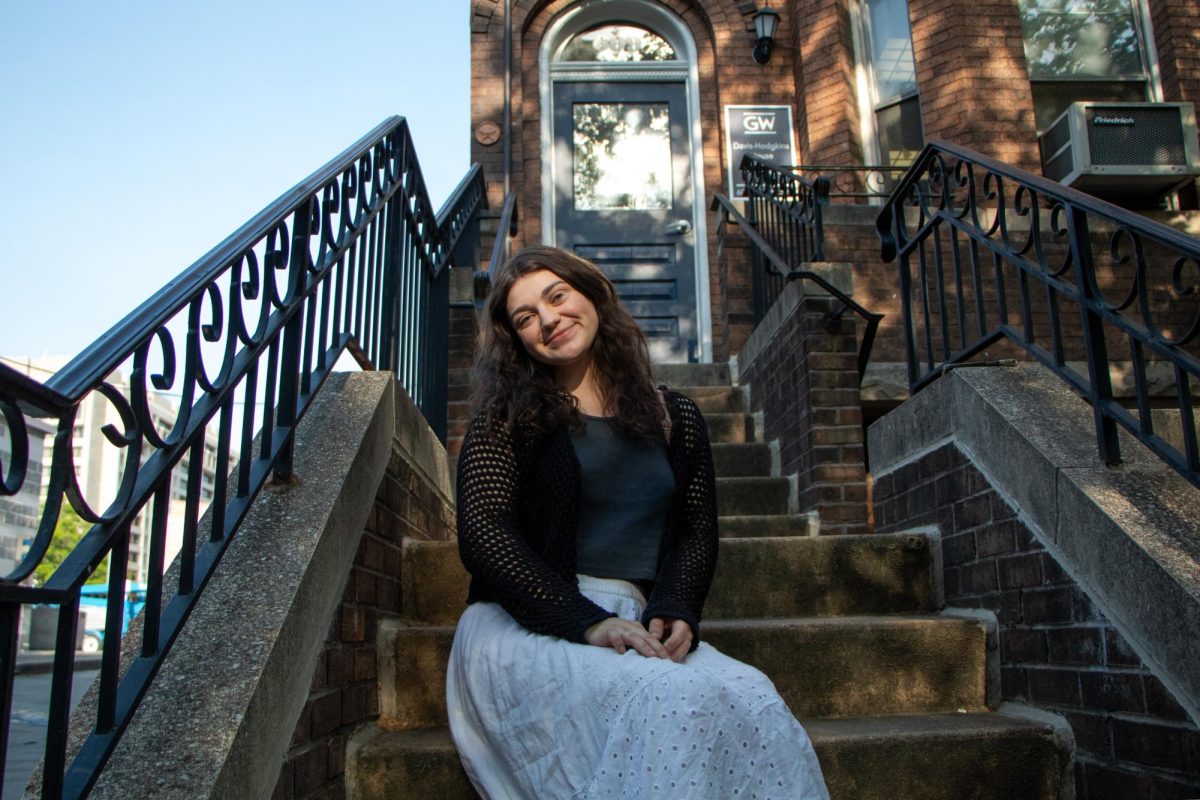Judging from the previews, Ridley Scott’s “American Gangster” looked like an organized crime drama to rival the likes of “Goodfellas,” “Casino,” or “King of New York.” Unfortunately for this generation, “Gangster” failed to hit the bar set by those classics and is a only a good movie – not a great one.
Based on true events, Frank Lucas (Denzel Washington) is a cold and calculating Harlem drug dealer who uses his street smarts and connections to revolutionize the drug trade in New York during the Vietnam War. Lucas is pursued by Detective Ritchie Roberts (Russell Crowe), a New Jersey cop who makes it a point to stay honest while all of the officers around him seem to be steeped in a world of kickbacks and corruption.
The film paints a picture of Vietnam-era New York as a kind of Wild West – wrought with opportunity for drug dealers and criminals. As more and more junkie GIs stream back into Harlem, Brooklyn and Jersey, the demand for heroin goes sky high.
Enter Lucas, whose brilliant business model of “cutting out the middle man” by importing pure heroin directly from the source in Southeast Asia, allows him to sell higher-quality product for less. With his high-grade dope labeled Blue Magic, Frank quickly dominates the market. Unfortunately for Frank, it is not long before small baggies of Blue Magic end up on Ritchie Roberts’ desk. The detective and his narcotics task force, realizing the scope of the operation, launch a massive investigation to take down Lucas, who Roberts calls “the most dangerous man walking the streets of our city.”
The film’s greatest strength lies in its authenticity: costumes, cars, corners – everything is recreated perfectly. The film also uses location to its advantage; the majority of “Gangster” was shot on-site in Harlem and the Bronx, where the actual story took place. The city itself works like a character in the film, and Scott demonstrates his ability to use the setting to make the movie that much more powerful.
The script is unique in the sense that it does not overdramatize Roberts’ or Lucas’ characters. In fact, it does not seem to dramatize them at all; the dialogue is as simple and succinct as Frank’s favorite catch phrase: “my man.”
While Scott earns an A for authenticity, the film has a lot of weak points. It develops at a very quick pace and constantly jumps between Lucas’ story and Roberts’ pursuit of the kingpin. The film is very visual, and the fast pace coupled with surprisingly little dialogue makes it difficult to follow at times. Because of the emphasis on imagery over dialogue, there is not a lot of room for emotional exchanges in the script, and it is difficult to empathize with many of the characters.
“Gangster” also has a lot of problems with character development. The story is so large that the script can’t spend very much time developing the main characters, spending almost no time on the supporting roles. The role of Frank Lucas, for example, presented Denzel Washington the opportunity to deliver a well-rounded and powerful villain to rival any of his past performances. While he nails the calm and cold-hearted bad guy facade, the audience really doesn’t see much more of the character than that. The exception to this rule is Russell Crowe, who delivers a solid performance as an honest cop who cares about doing good police work.
“American Gangster” is not a bad movie. The problem is, being pretty good is simply not enough for this film. Hollywood built the anticipation and audiences saw the potential, but in the end, “American Gangster” turns out to be little more than a visually pleasing attempt at something much greater.




